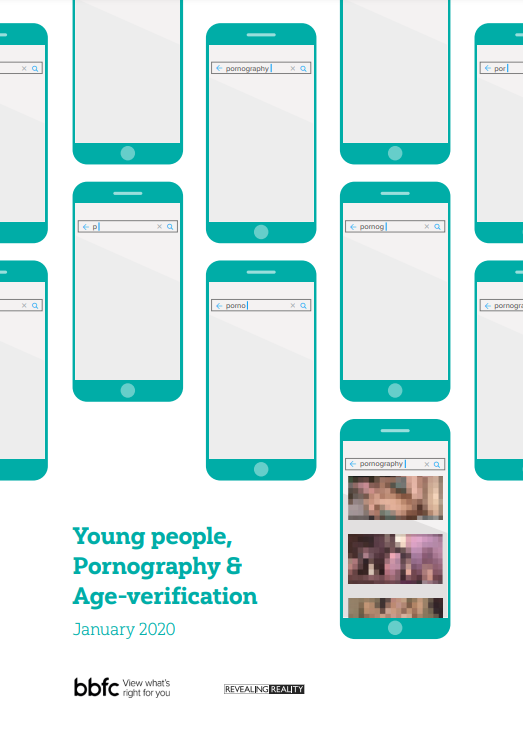Uncomfortable as it may be to acknowledge, we know that children look at porn. Few would be so naive as to believe otherwise. But little has been done to understand the reasons for why they do, largely because research of this nature is uniquely tricky: how do you get children to open up about something so delicate and personal? And how can you ethically ask them questions about things that, on paper, they shouldn’t be doing?
Many may also feel the answers for why they do it are obvious: for sexual gratification, or for fun. But as an accompanying blog shows, our research proves that there’s more to it than that.
Navigating the ethical minefield of talking to young people about porn
Past research on children’s use of pornography has tended to shy away from in-depth studies, either drawing on quantitative data that asks structured, pre-approved questions, or using interviews with younger children for whom many porn-related topics are off-limits.
This means that, to date, the research has lacked deep, insightful data on how children consume porn, and what effect it is having on them.
We undertook this project knowing that it would require both great sensitivity and the use of different techniques to draw that kind of data out of respondents. We included a quantitative element with parents and children under 16, but added an extra layer: in-depth interviews with 16- to 18-year-olds. Using older children meant we could circumnavigate the ethical issues involved in discussing porn with children and, in the process, map their entire porn ‘journeys’, working backwards from the present day to understand how they first engaged with porn.
By using that age-group we could avoid the risk of introducing minors to new sexual concepts, while being freer to conduct in-depth interviews without requiring that an adult be in the room.
We spent around three hours with each respondent, helping to build trust and giving them the space and time to open up about their experiences. We also carefully prepped for the interviews, holding briefing calls with respondents and ensuring the stimulus and questions asked were suitable for each young person. Because of our ability to build trust, the data collected by the qualitative research revealed a much higher incidence of porn use than the quantitative data suggested.
Balancing the flaws of the study with the relative benefits of a qualitative approach
We knew that while the qualitative findings would most likely be closer to reality, we also suspected that young people who agreed to take part in face-to-face interviews with our researchers would probably be more confident in discussing personal details than your average teenager, and that they may be higher-than-average consumers of porn. Several respondents bragged quite freely about the amount and type of porn they viewed, and their sexual promiscuity.
We also knew, however, that an issue that has hampered past research—the likelihood that the survey data would be inaccurate on account of people under-reporting their porn consumption—would likely be repeated here.
Despite the quantitative data allowing for scale, it gave us nowhere near the level of insight afforded by the in-depth interviews. When speaking directly to young people we didn’t only hear about their experiences of porn in isolation, but were given insights into the culture of pornography use by children in schools and online communities.
The overall outcome
The mixed-method approach threw up some compelling findings (see the first blog for details). In-depth interviews gave us data of a richness that has eluded much of the prior research on this subject, while the quantitative findings gave us standardised data which can be used to benchmark the impact of any future age-verification measures.
Ultimately, we have been able to go further than before on a subject that many find fascinating, yet opaque. These are the very private behaviours of an age-group that is often research-shy, and creative thinking is needed to access the hidden corners of their personal lives.
You can read the full report here

